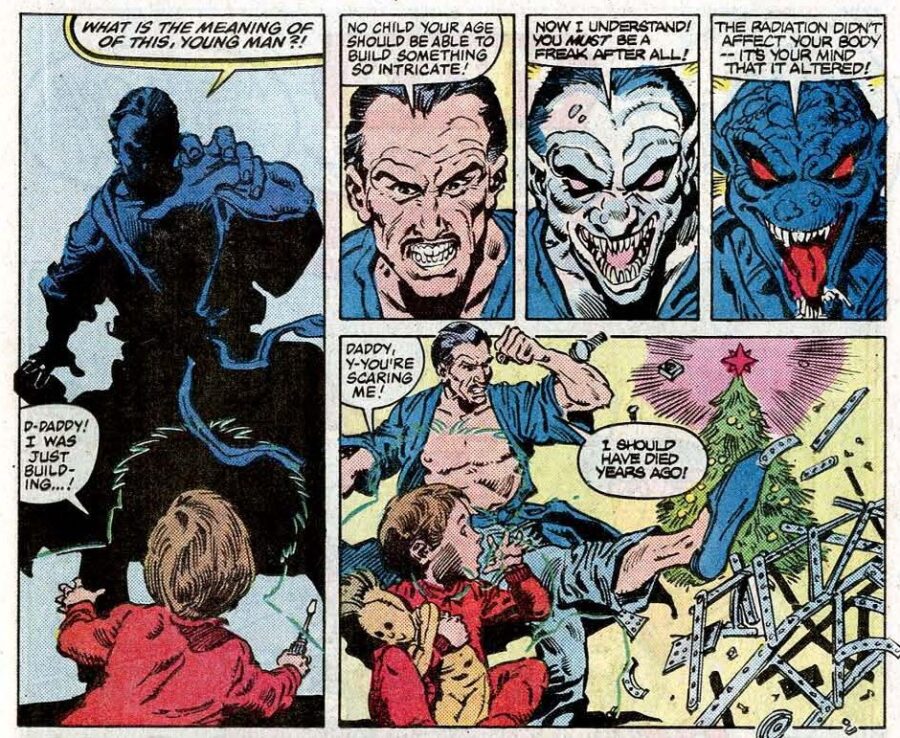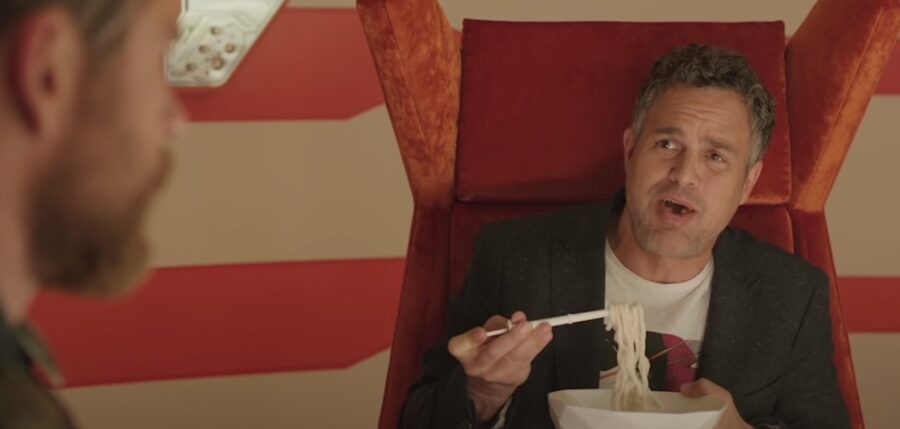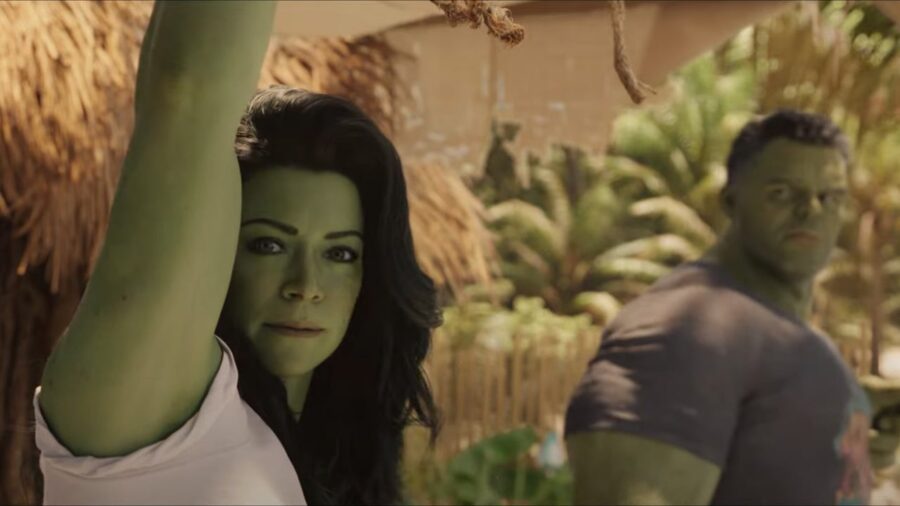The MCU Needs To Finally Tell Hulk’s Most Important Story
The story Bruce Banner endured as a child at the hands of his father--abuse that fractured his psyche and created the Hulk--has yet to be told in the MCU, and it's about time.
This article is more than 2 years old
The true origin story of the Hulk is long overdue in the Marvel Cinematic Universe. The gamma radiation that mutated Bruce Banner did not create the Incredible Hulk; it let him out. What started off as an often overlooked and ignored story–that Bruce Banner was horribly abused by his father when he was a child, and that this abuse caused his psyche to fracture including into the personalities known as the Hulk–is now accepted canon in Marvel Comics.
From Avengers we know that Bruce Banner is “always angry,” but we were never told why. From Age of Ultron we know that being exposed to one Wanda Maximoff’s (Elizabeth Olsen) visions was enough to trigger his transformation but, unlike in the cases of the other Avengers, we didn’t get to find out what he saw. If you’ve read 1985’s Incredible Hulk #312, you probably have an idea.

With the story credited Bill Mantlo–though former Marvel Editor-in-Chief Jim Shooter claims Mantlo plagiarized it from Barry Windsor-Smith–and art by Gerry Talaoc and Mike Mignola of Hellboy fame, “Monster” introduces us to Bruce Banner’s alcoholic and violent father Brian. Jealous of his wife’s attention and intimidated by Bruce’s early signs of genius, Brian regularly beats his son and wife; ultimately murdering the latter.
It would take some years, and a lot of writers who either ignored “Monster” or simply saw nothing worth mining from it, before Peter David expanded upon this origin story to reveal the abuse created split personas; including that of the classic “HULK SMASH” Savage Hulk, and the grey or “Joe Fixit” Hulk. In 1991’s Incredible Hulk #377, Banner, the Savage Hulk, and Joe Fixit are merged together to create what is now known as the Professor Hulk (though he would eventually prove to be another splintered persona).

Not only has the Marvel Cinematic Universe never even come close to canonizing the abuse Bruce Banner suffered contributing to his transformation into the Hulk, the narrative has skirted dangerously close to actually making it sure it couldn’t be made official. In a deleted scene from Thor: Ragnarok set aboard the Grandmaster’s ship, for example, Banner tells Thor (Chris Hemsworth) he missed his father’s death because he was “too busy obsessing on my gamma ray experiments.” The Bruce Banner of the comics would be the last person to express regret in missing out on important moments with his father.
Not to mention that in the source material, Bruce Banner is very much present at his father’s death; he has to be, since he’s the one who kills Brian Banner.
Of course, things always change from comic book to screen and that’s to be expected, but there are some things that shouldn’t be changed. Superman shouldn’t get to visit his home planet every weekend, Bruce Wayne shouldn’t have happy and healthy parents, and Bruce Banner–it needs to be made clear once and for all–didn’t create the Hulk in a lab or on a bomb test site, but in his childhood home to protect him from the real monster.
To completely neglect this part of the Hulk’s tale does more than just miss an arbitrary bullet point to satisfy hardcore comic nerds like me–it takes away from the character. Without the story, the Hulk is just another strong guy; just a Worf for Marvel directors to knock around next time they need their Big Bad to look intimidating.

What little we’ve gotten to see of the Hulk in Disney+’s She-Hulk: Attorney at Law both gives me hope and gives me pause. On one hand, Bruce’s confusion over Jen Walters (Tatiana Maslany) not displaying a split persona when she “Hulks out” could suggest we’ll soon learn exactly why Banner’s transformations came with such a split. On the other hand, the mention of Bruce attending “family dinners” seems a little strange if his comic book origin is ever to be incorporated.
The Hulk of the comics witnessed his father beat his mother to death and later killed his father at his mother’s grave. Then on multiple occasions and in different circumstances he fought the literal spirit of his father that inhabited the bodies of various monsters. No, my interpretation isn’t more valid than anyone else’s, but I’m pretty confident saying the dude doesn’t go to family dinners.













